Jerusalem
On October 7, Israeli security officials were already questioning how long they would be allowed to fight in Gaza. As the Israeli Defense Forces hurriedly mobilized more than 300,000 reservists, one official told me that “destroying Hamas depends on the length of our window of legitimacy.”
Last week, I was on an embed with an IDF unit in Gaza City. As the sun set over the Mediterranean, I checked the date on my watch and realized the eighteenth day of the ground campaign had just ended. During the 2009 and 2014 Gaza ground offensives, the IDF was forced to stop fighting by the eighteenth day and accept a ceasefire (brokered both times by the Egyptians and forced on it by the US). Throughout Israel’s seventy-five-year existence this has been a pattern for virtually every war: a ceasefire has been imposed when Israel holds a military advantage.
The latest war has lasted seven weeks. The IDF has operated on the ground for the past four. And for now, the window of legitimacy remains open: Joe Biden is not yet pressuring Israel for a ceasefire and the support of America’s main allies, Britain and Germany, remains resolute. There was a recent wobble when the French president Emmanuel Macron (who else?) called for a ceasefire in an interview with the BBC (where else?). But he seemed to row back on his comments afterwards and has since largely remained silent.
The Arab League has called for a ceasefire, along with much talk of “Israeli aggression.” But when it comes to real diplomacy, little has been done to try to achieve one. With the exception of Iran’s protectorate, Syria, and Hamas’s patron Qatar, nearly every Arab regime wants to see Hamas destroyed. They just can’t say it openly. Meanwhile, an Arab delegation is in Beijing to gain support for a ceasefire. If they really wanted one, they would have flown to Washington.
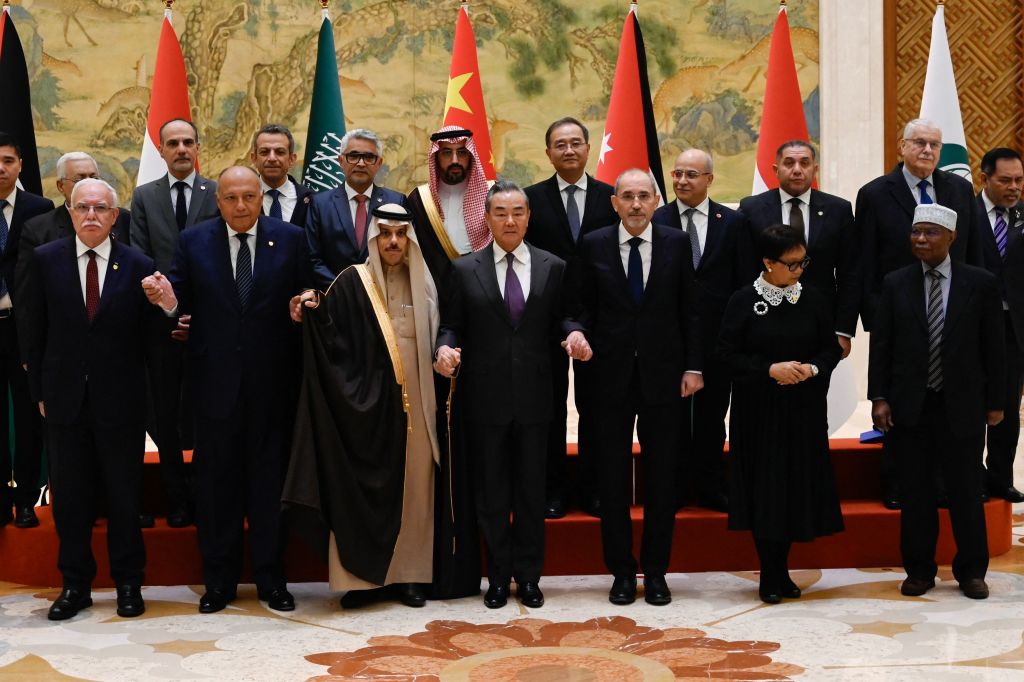
After weeks of negotiations, a temporary truce is in place for four days in exchange for fifty women and children hostages being released and for 150 Palestinian prisoners to be let out of jail. This is not the “Ceasefire!” demanded by protesters on the streets, which would only allow Hamas to survive and attack Israel again in the future (as the terror group’s leadership have repeatedly promised). Rather, what we are seeing is just a temporary lull.
Israel shouldn’t be complacent about their window of legitimacy. The IDF needs more time to finish destroying Hamas’s military infrastructure in the northern part of Gaza, around Gaza City and its surrounding townships. Most of the area has been depopulated and rendered un-inhabitable.
Throughout Israel’s existence this has been a pattern: a ceasefire imposed when Israel holds an advantage
What’s more, Israel needs to tackle the Hamas strongholds in the southern side of the Strip. The Hamas leadership are believed to have fled to the southern town of Khan Younis (where many hail from). This mission will not be straightforward: more than 2 million Palestinians are crowded there, two-thirds of whom have been displaced.
Since October 7, Biden and his administration have expressed unconditional support for Israel’s military campaign. The airlift of military supplies has been unceasing, while two aircraft carriers and one US Marines expeditionary group were deployed to the region — as a warning to Hezbollah and other Iranian proxies not to get involved. It also served to bolster Israel’s missile-defense system (a US Navy destroyer intercepted missiles and drones fired by the Houthis in Yemen). The rest of the West, as well as the Arab regimes, have all taken note.
Israel’s capability to strike Hamas is entirely dependent on Biden, who has shown no signs of faltering in his support. But last week the US entered the twelve-month period preceding the 2024 election; the president is trailing Donald Trump in the polls. Foreign wars, especially those which can affect oil prices, are rarely popular in America. Biden is also coming under increasing pressure from the progressive wing of his party, and some of his officials. There is no sign yet of him heeding these calls. But the pressure to do so is likely to become fiercer once the truce ends.
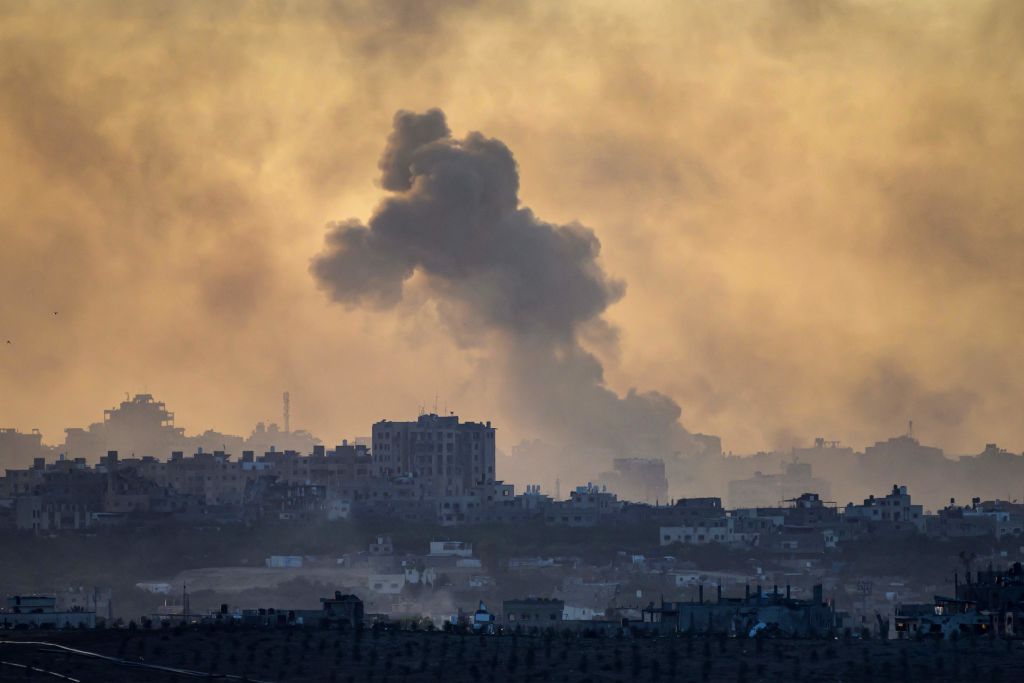
If that doesn’t work, the expectation will then be on Israel not to launch its second phase in the south of Gaza. But this is par for the course: Biden knows he will be criticized for his support for Israel. The bigger problem for him is what he does about Benjamin Netanyahu.
While the Biden administration is standing up to its critics and defending the offensive against Hamas, it is also promising that Israel has no intention of permanently re-occupying Gaza or rebuilding the settlements it dismantled in 2005. Netanyahu has confirmed this: for once he’s telling the truth. The problem for both Biden and Netanyahu is that Israel has no real plan for what to do with Gaza when the war ends.
Netanyahu knows that a serious plan for the future of Gaza will go a long way towards reassuring Israel’s allies
There are only two viable options: neither is palatable to the Israeli government. One is for the IDF to remain indefinitely in control of the ruined Strip, constantly fighting pockets of Hamas holdouts, while being lumbered with the responsibility of the more than 2 million Palestinians there. The other is to work on the transition of control to the Palestinian Authority, which was ejected from Gaza by Hamas in the 2007 coup. The PA (whom Netanyahu loathes) will, therefore, need much strengthening and capacity-building to take over. Netanyahu cannot commit to either of these plans.
The Biden administration will almost certainly suspend its support if there’s any prospect of a long-term Israeli occupation of Gaza. And the far-right parties which are an integral part of Netanyahu’s coalition will rebel if there’s any plan under which Israel either takes the humanitarian responsibility for Gazans or accepts the return of the PA. At present, they are refusing even to countenance Israel allowing supplies through its territory to Gazan civilians and insisting they only go through Egypt.
Netanyahu knows that a serious plan for the future of Gaza, with full details on how it plans to address the humanitarian crisis in the interim, will go a long way towards reassuring Israel’s allies and buying time to operate there militarily. But he is too petrified of his extremist partners to deliver such a plan.
It is not only the Biden administration urging Netanyahu to come up with a proposal. Israeli generals have been pressuring him, too. They fear the opportunity for them to achieve their objectives could end; they need to know the long-term strategy in order to tailor their war plans accordingly.

In place of a plan, IDF generals, and the world, are hearing a steady stream of Netanyahu’s ministers and parliamentarians calling for the nuking of Gaza and the transfer of its population to Egypt and calls for the rebuilding of settlements. Israel’s allies know these political hacks are broadcasting to their narrow base and are not statements of Israel’s policy. But in the absence of any real post-war policy, these provocations make it hard for them to continue providing Israel with full support. The more populist-minded western leaders, such as Macron and Canada’s Justin Trudeau, are already wavering. Israel isn’t doing anything to help them, nor for the more unwavering ally leaders such as Biden, Rishi Sunak and the German Chancellor Olaf Scholz.
The democratically elected leaders of the West were shocked by Hamas’s attack on October 7. Their support for Israel has hitherto been exemplary, despite the pusillanimity in many quarters of their own parties and much of their domestic media. Israel has had all the backing it needs to embark on the difficult job of destroying Hamas’s military infrastructure, despite the terrible footage of Palestinian suffering. But these allies need Israel to get its act together and plan for what comes next. Otherwise the Israelis might find that the window of opportunity to destroy Hamas doesn’t stay open for much longer.
This article was originally published in The Spectator’s UK magazine. Subscribe to the World edition here.













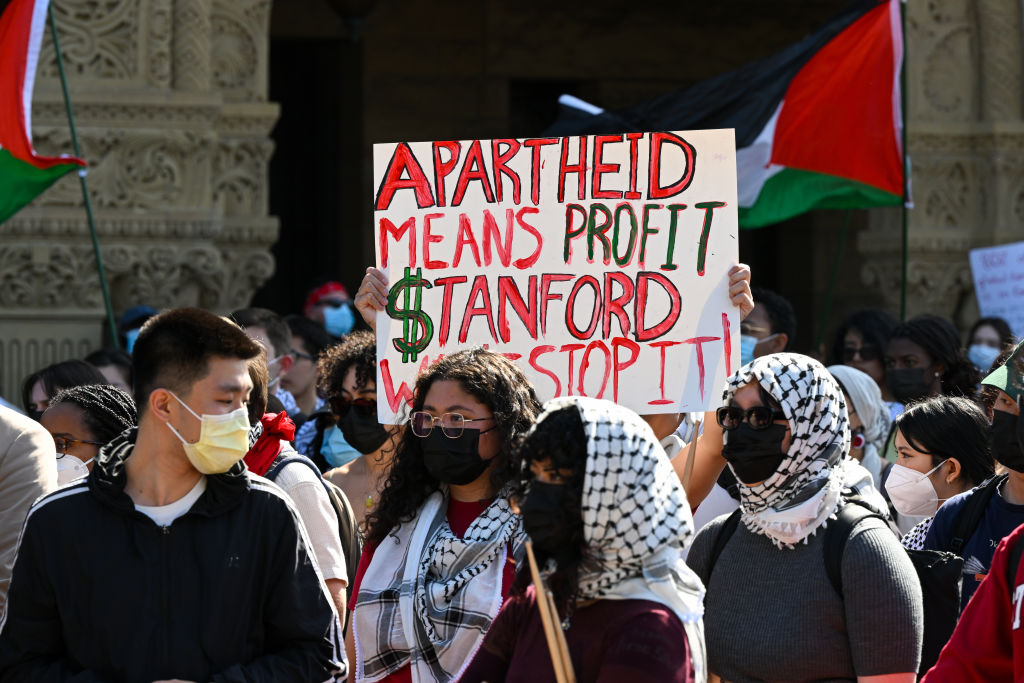

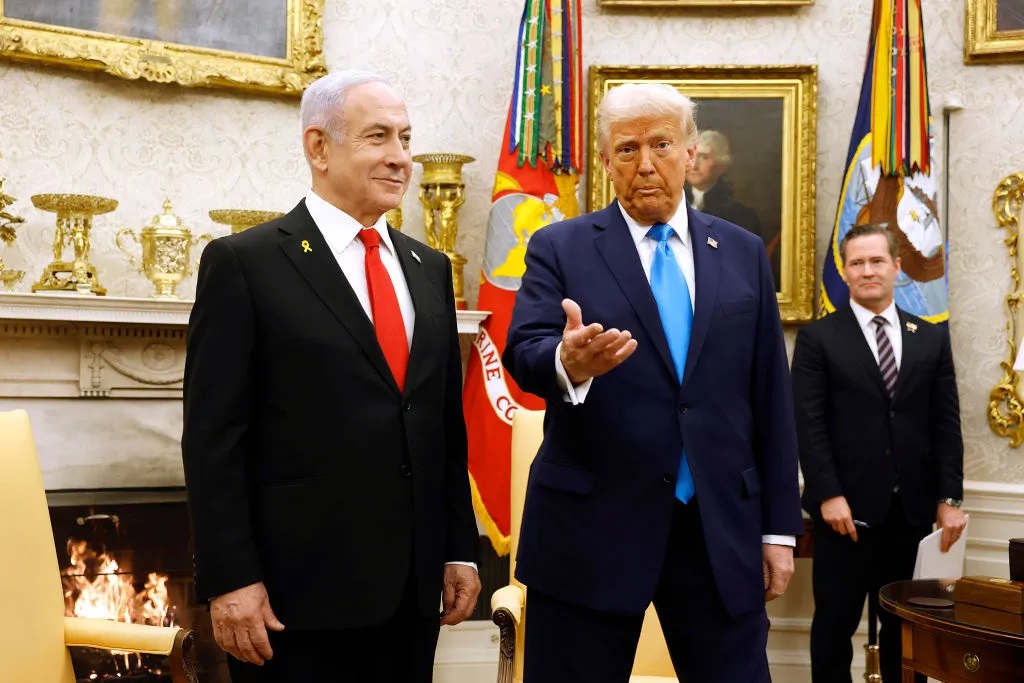
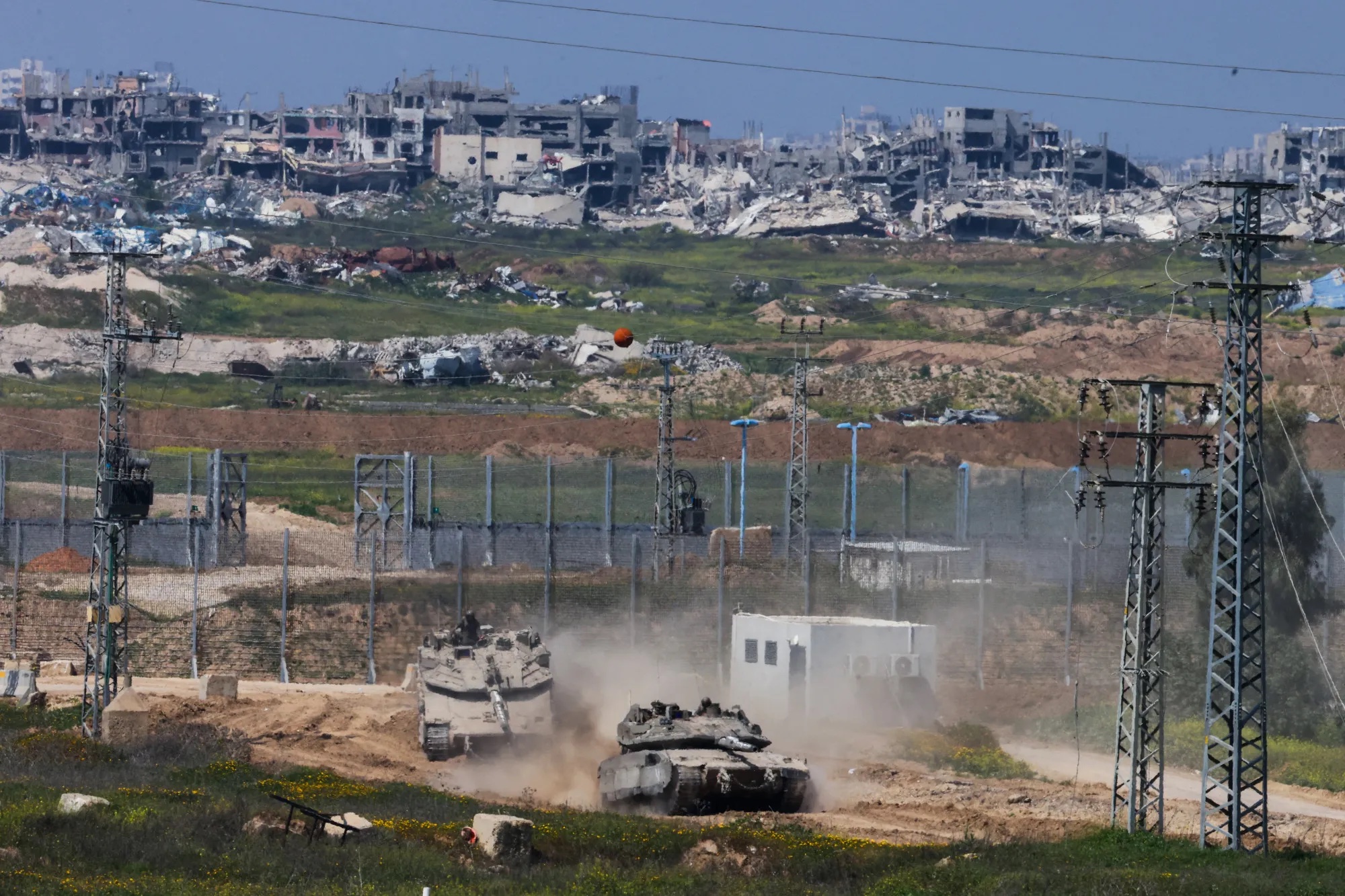
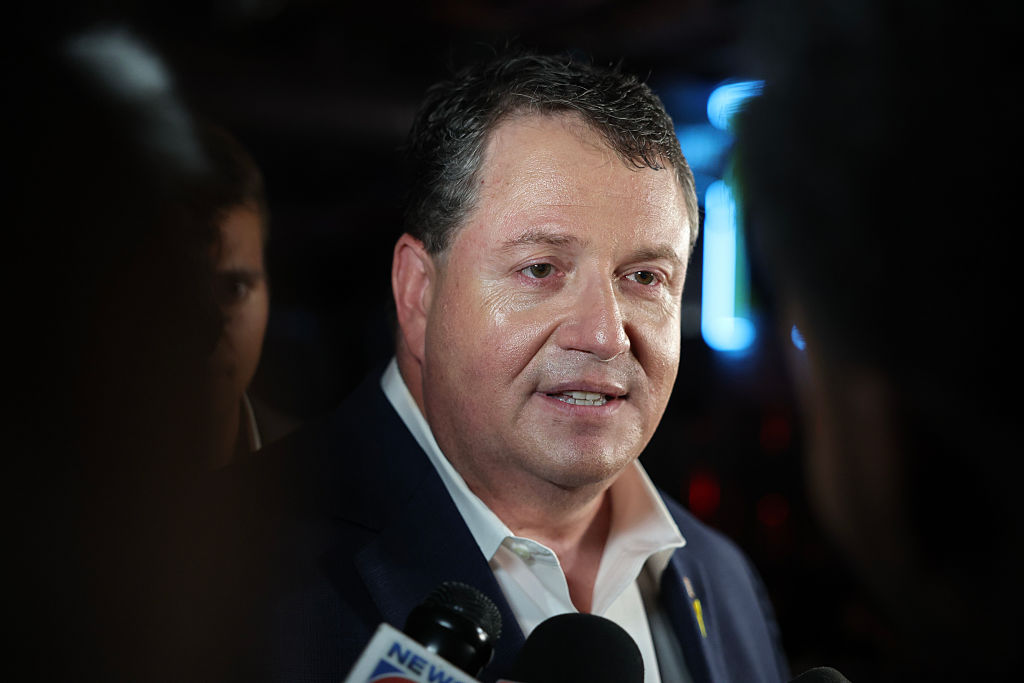








Leave a Reply